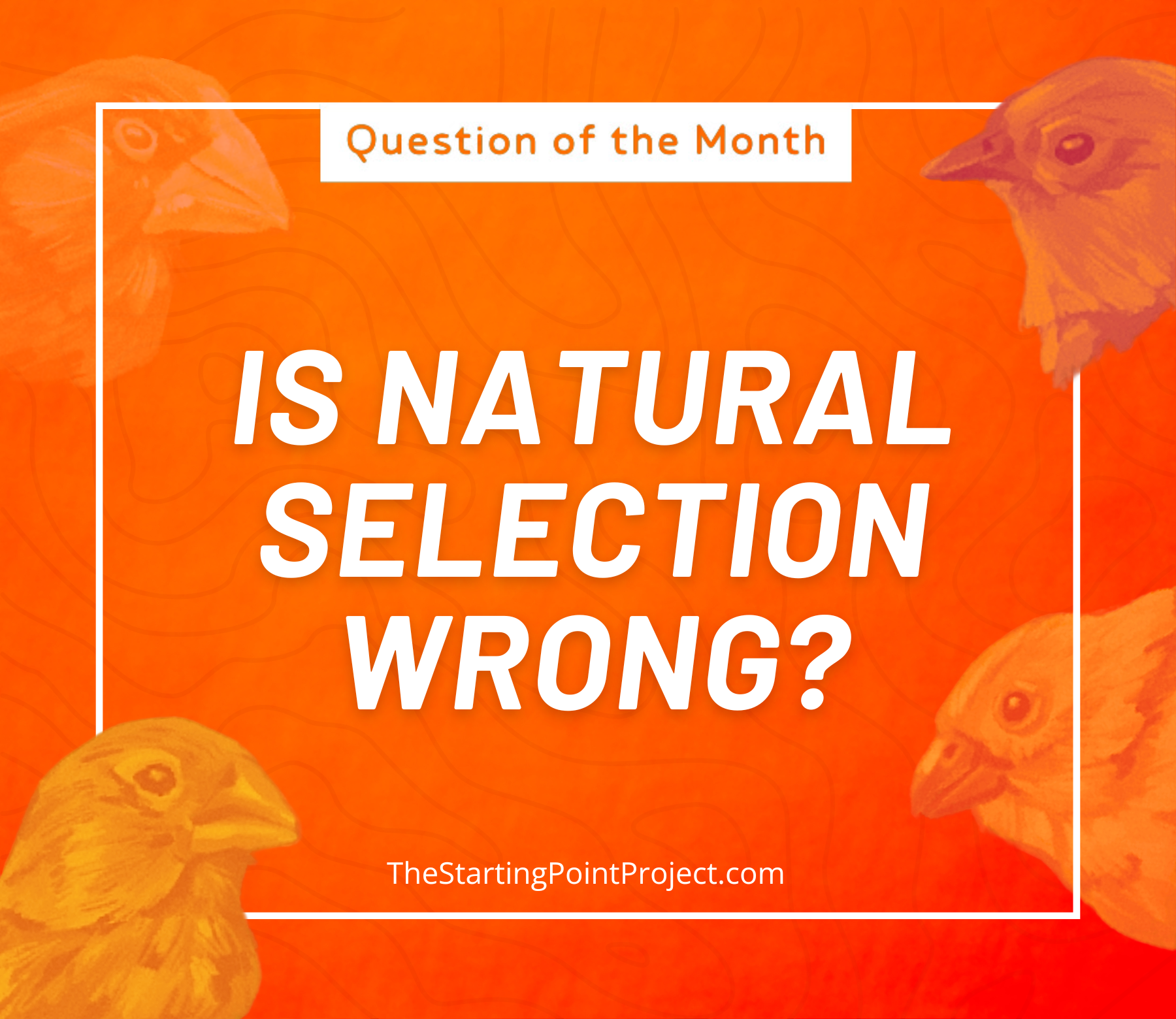A huge part of my maturing in ministry, and as a person in general, was learning how to ask questions. That doesn’t seem like it should be too hard, but it requires one other thing as well… listening. All too often, I would be in a conversation with a skeptic, politely waiting for them to finish whatever they were saying so that I could then share all my supposed brilliance with them, assuming they would quickly see why they were wrong and change their mind. Guess what? It never really worked that way.
Asking questions can be very powerful. In addition, it helps you get to know the person better and gain a better understanding of where they are coming from. This brings two significant benefits. First, it shows the person you are genuinely interested in who they are and what life experiences have contributed to their current worldview. Second, it places you in a much better position to witness to them.
Rather than “hearing them out” when they share their beliefs, only to tell them why they are wrong when finished, we need to pay closer attention to what they are actually saying, along the way asking why it is they believe what they are claiming is actually true.
For instance, if someone says, “Evolution is a fact!”, instead of just simply parroting the opposite (that creation is true, or that evolution is false), start by asking a question and keep asking further questions. It could look something like the following:
Skeptic: “Evolution is a fact, and the Bible is just myth!”
Christian: “How do you know evolution is a fact?”
Skeptic: “Because all scientists believe it.”
Christian: “How do you know all scientists believe it?”
Skeptic: “Well, all real scientists believe it.”
Christian: “How do you define a real scientist?”
Skeptic: “Well, anyone who believes in evolution, they’re a real scientist!” (circular reasoning!)
Christian: “Why do you believe the Bible is just myth?”
Skeptic: “Because it’s filled with errors and contradictions.”
Christian: “Could you give me a few examples?”
Skeptic: “Well, there are tons!”
Christian: “Then it should be pretty easy to give me an example or two.”
Skeptic: “I can’t actually think of any right now.”
Christian: “OK. Can you at least tell me what the Bible is all about? Not all the details, just a 30- second overview from beginning to end.”
Skeptic: “Well, it’s been a while since I’ve looked at it.”
Christian: “Tell me, if you can’t think of any actual contradictions and you don’t even know what it’s all about, why do you have such a strong opinion against it? Are you sure you’re not just repeating what you’ve heard from others as opposed to your own well-thought-out opinion?”You want to make sure to do this very graciously, not wanting to come across being sarcastic or obnoxious. Simply asking questions serves to help them understand they are making a number of very bold claims, but they don’t really have anything concrete in support. It also positions you to be able to ask additional follow-up questions, learning more about what they believe and how they came to those conclusions.
Now, they may respond with something like, “Well, you believe that God created everything in six days, including Adam and Eve in some mystical garden.” You can simply say, “Actually, I haven’t said anything about what I believe. You, on the other hand, have made some very bold claims, and I am just trying to find out why you believe those things are true.”
It usually takes some practice but learning how to ask questions can be a very powerful and effective approach when trying to witness to a skeptic. Be patient with them, because we know that we are ultimately dealing with a spiritual issue and not just an academic argument (1 Corinthians 2:14). The skeptic often sincerely does not see things the way we do, and only the Holy Spirit can open their eyes. We just need to be willing and available vessels to convey the truth and not get in God’s way by being anything but kind and gracious in representing Christ to those who desperately need Him.
I hope sharing what God has taught me over the years has been helpful to you in thinking about how to respond to the skeptics in your own life.









